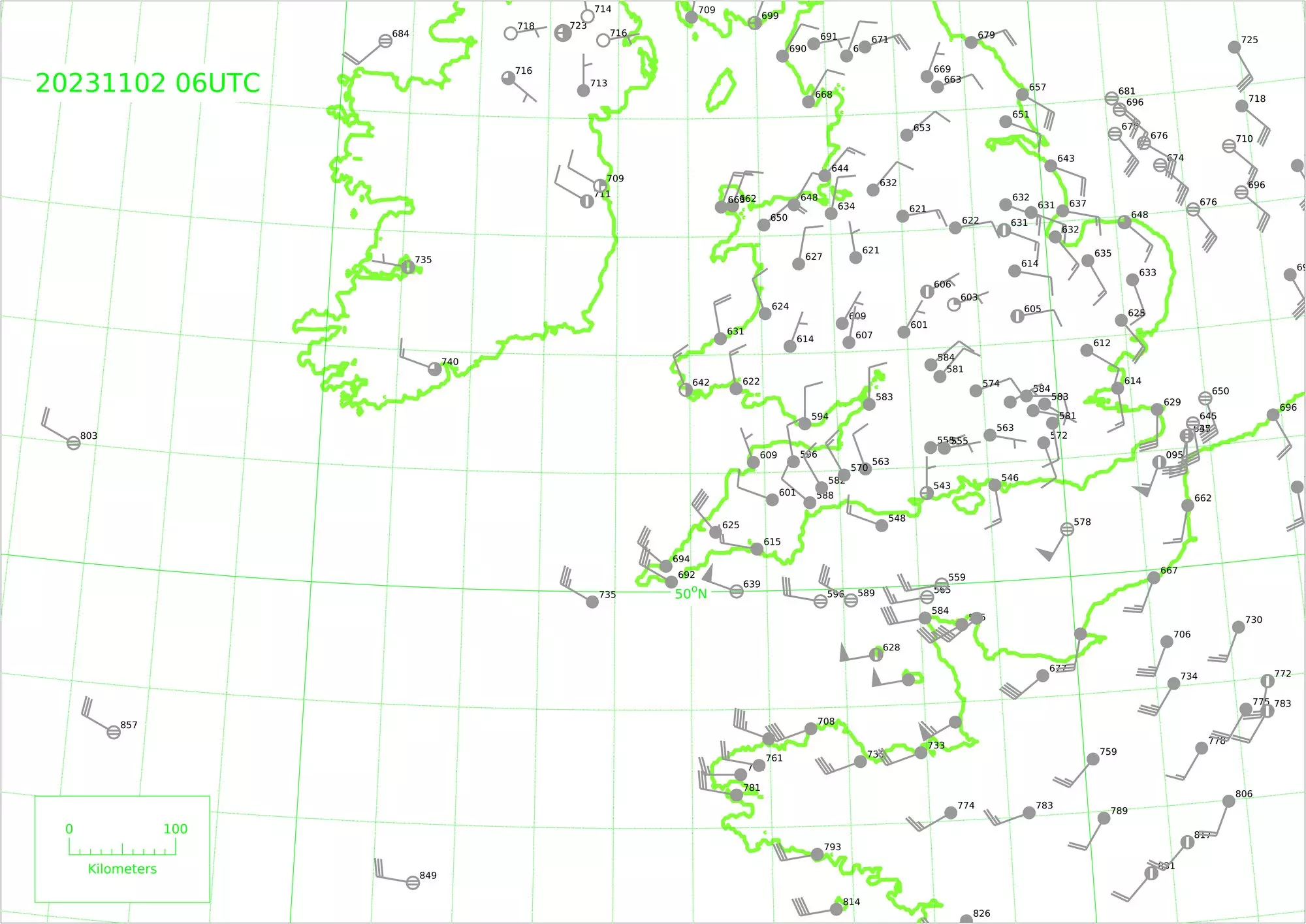The use of artificial intelligence (AI) in weather prediction has shown significant advancements in predicting the path and intensity of major storms. In a recent study conducted by the University of Reading, researchers found that AI models can produce weather forecasts with similar accuracy to traditional methods but in a faster, cheaper, and more efficient manner.
Professor Andrew Charlton-Perez, who spearheaded the study, emphasized the transformative potential of AI in weather prediction. He stated that modern machine learning techniques were rarely utilized in weather forecasting just two years ago, but now there are multiple models capable of generating 10-day global forecasts in a matter of minutes. This rapid progress showcases the evolving landscape of weather forecasting with the integration of AI.
The study focused on analyzing Storm Ciarán, a deadly windstorm that hit northern and central Europe in November 2023. By comparing AI-based forecasts with traditional physics-based models, researchers were able to identify the strengths and weaknesses of AI in predicting extreme weather events. The AI models, developed by tech giants like Google, Nvidia, and Huawei, demonstrated the ability to predict the storm’s rapid intensification and track its path up to 48 hours in advance.
Challenges and Opportunities
While AI models were successful in capturing the large-scale atmospheric conditions that fueled Storm Ciarán’s development, they struggled to accurately predict the storm’s maximum wind speeds. The underestimation of wind speeds was attributed to the AI systems’ inability to account for certain features of the storm, such as temperature contrasts near its center. Despite this challenge, the researchers believe that further investigation and development of AI-based weather models could significantly enhance weather prediction capabilities.
The Future of Weather Forecasting
The research findings highlight the promising future of integrating artificial intelligence into weather forecasting. With continued advancements in machine learning technology, AI could become a standard tool in predicting extreme weather events, ultimately saving forecasters time and resources. The potential to leverage AI for weather prediction opens up new possibilities for enhancing accuracy and efficiency in predicting and preparing for severe weather conditions.
The study conducted by the University of Reading underscores the impact of artificial intelligence on weather prediction. The integration of AI models has the potential to revolutionize how we forecast and respond to extreme weather events, providing valuable insights into the strengths and limitations of current forecasting methods. As technology continues to evolve, the role of artificial intelligence in weather forecasting is poised to become an essential tool in protecting communities and mitigating the impacts of severe weather incidents.


Leave a Reply